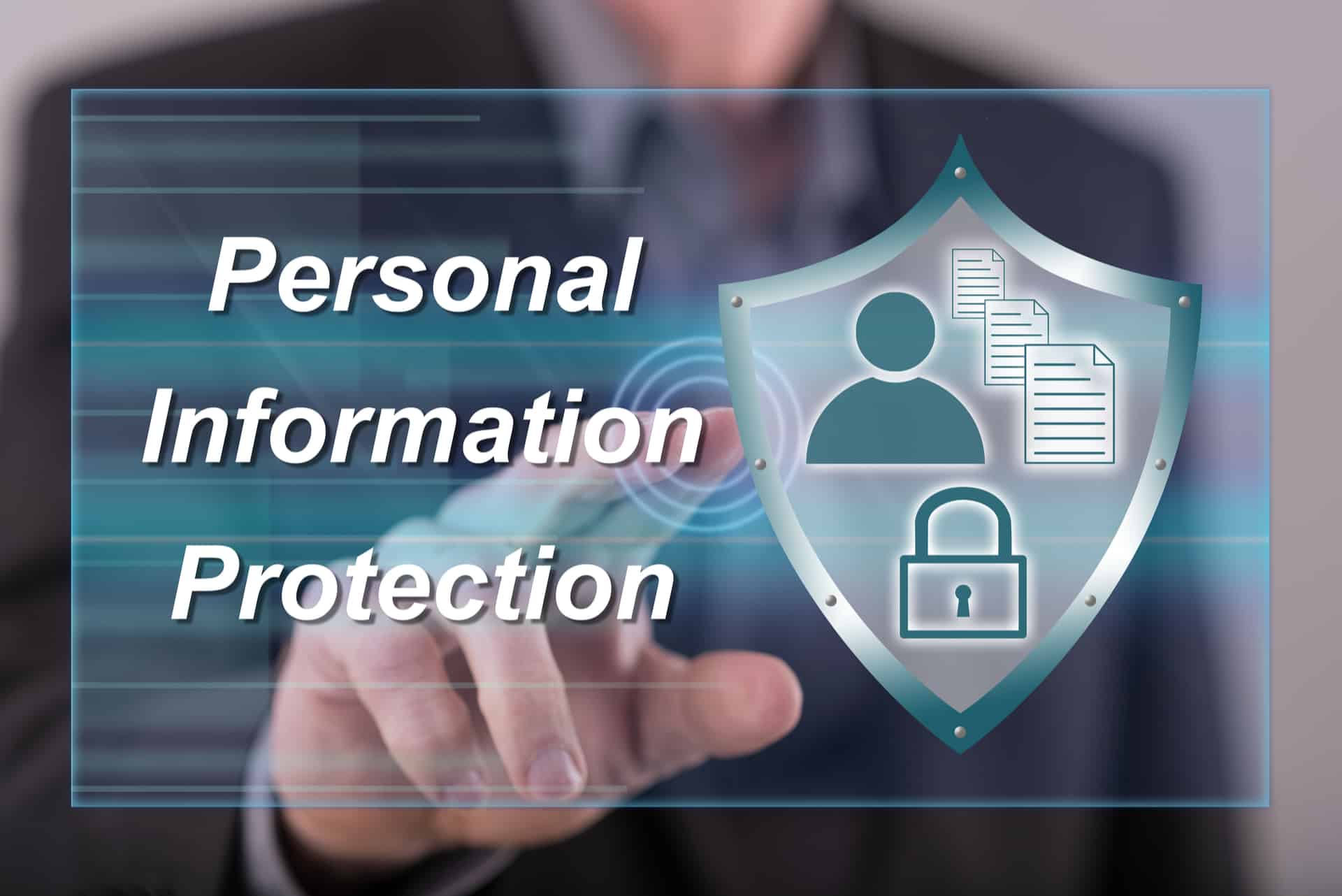Protecting Your Personal Information
People often share personal details online without realizing the risks. Hackers can use small pieces of information to gain access to important accounts or steal your identity. It’s important to be selective about what you share.
Maintain High Security SettingsPermalink
Use strong passwords that combine letters, numbers and symbols instead of weak ones like your birthday or favorite pet’s name. Enable two-factor authentication for important accounts whenever possible for an extra layer of protection. Be wary of public Wi-Fi networks, as hackers may be able to access your devices. Consider using a virtual private network (VPN) to encrypt your connection when online in public.

Beware of Phishing ScamsPermalink
Fraudsters often pose as legitimate companies or government agencies to trick people into sharing passwords and financial details. They send emails or texts with malicious links that download viruses or steal login credentials.
Verify Requests Before RespondingPermalink
Never click links or open attachments in unsolicited messages, no matter how realistic they seem. Instead, access websites by typing legitimate URLs directly into your browser. Hover over links to check their actual destination before clicking. Be skeptical of requests for personal information over email or text, as legitimate organizations will never ask for sensitive details this way.
Protect Your Devices and AccountsPermalink
With remote access to phones, computers and smart devices, hackers have many entry points to people’s personal lives. Keeping systems updated prevents the exploitation of known software vulnerabilities.
Use Updated Antivirus SoftwarePermalink
Run regular scans with an anti-malware program to detect and remove infections. Enable automatic updates so protection is always current. Be very selective about installing apps, as some contain malware used to steal information. Review permissions carefully before granting access to contacts, files or other data. Limit account access to trusted devices only.
Beware of Common Scams OnlinePermalink
Cybercriminals constantly devise new ways to steal money or sensitive details from unsuspecting victims. Being aware of prevalent scams helps avoid falling prey.
Job, Investment and Romance ScamsPermalink
Be suspicious of unsolicited offers promising easy money or a loving partner. Research any company or individual thoroughly before sending funds or personal information. Legitimate multinational firms or dating sites do not contact potential victims out of the blue. Consider hiring a private investigator to verify claims if needed.
Seek Help if Victimized by FraudPermalink
Despite best efforts, even savvy internet users can sometimes fall for online trickery. But don’t lose hope - there are ways to minimize damage and get justice.
Report Incidents and Freeze AccountsPermalink
Contact authorities immediately to report suspected fraud or identity theft. Place holds on credit reports and close any compromised financial or retailer accounts right away. Provide all relevant details to aid investigations. Knowledge and timely action are the best weapons against cybercrime.
Staying Informed Reduces RiskPermalink
With cyberthreats constantly evolving, maintaining cybersecurity awareness is key to protecting personal information long-term.
Get Updates from Reliable SourcesPermalink
Regularly check the websites of computer security firms and consumer protection agencies for the latest scams to watch out for. Following technology journalists on social media exposes new risks quickly. Sign up for alerts from financial institutions about suspicious account activity. An informed internet user is a safer internet user.

